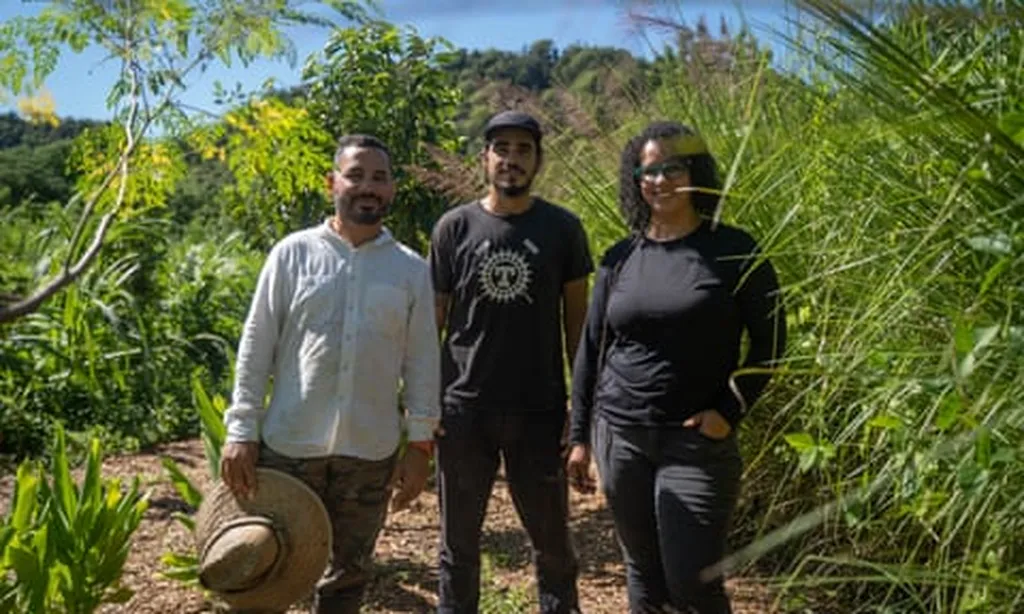In the heart of South Africa’s Vhembe Biosphere Reserve, a quiet revolution is taking place, one that could reshape our understanding of sustainable food systems and the pivotal role of livestock farming, particularly within indigenous communities. A recent study published in *Frontiers in Sustainable Food Systems* and led by Mukona T. Kone of the Department of Urban and Regional Planning at the University of Johannesburg, sheds light on the often-overlooked contributions of small-scale livestock farming to food security and community resilience.
The study, focusing on the Matiyani village, reveals that livestock farming is far more than just a means of sustenance for these communities. It’s a cornerstone of their economy, culture, and environmental stewardship. “Livestock farming in this community does not only benefit economic activities but also provides social and environmental benefits,” Kone explains. The sales of livestock, both within the community and in commercial markets, sustain livelihoods and foster economic growth. Moreover, livestock play a crucial role in community rituals, and their manure serves as a natural fertilizer, enriching the soil for crop farming.
The commercial impacts of these findings are substantial. While much attention has been given to large-scale commercial livestock farming, this study highlights the potential of small-scale, community-based livestock farming to contribute significantly to the agricultural sector. By integrating livestock farming into sustainable food systems, we can enhance food security, promote economic growth, and foster community resilience.
One of the most thought-provoking aspects of this research is its potential to influence future developments in the field. As Kone points out, communities residing adjacent to protected areas face challenges such as human-wildlife conflict, which can hinder their participation in sustainable food systems. Addressing these challenges could unlock even greater potential for small-scale livestock farming to contribute to sustainable food systems and the agricultural sector.
This study serves as a call to action for policymakers, agricultural experts, and community leaders to recognize and support the vital role of livestock farming in achieving sustainable food systems. By doing so, we can create a more resilient, equitable, and sustainable future for all. As Kone’s research shows, the path to this future lies not just in large-scale commercial farming, but also in the heart of our communities, where livestock farming is more than just a means of sustenance—it’s a way of life.

